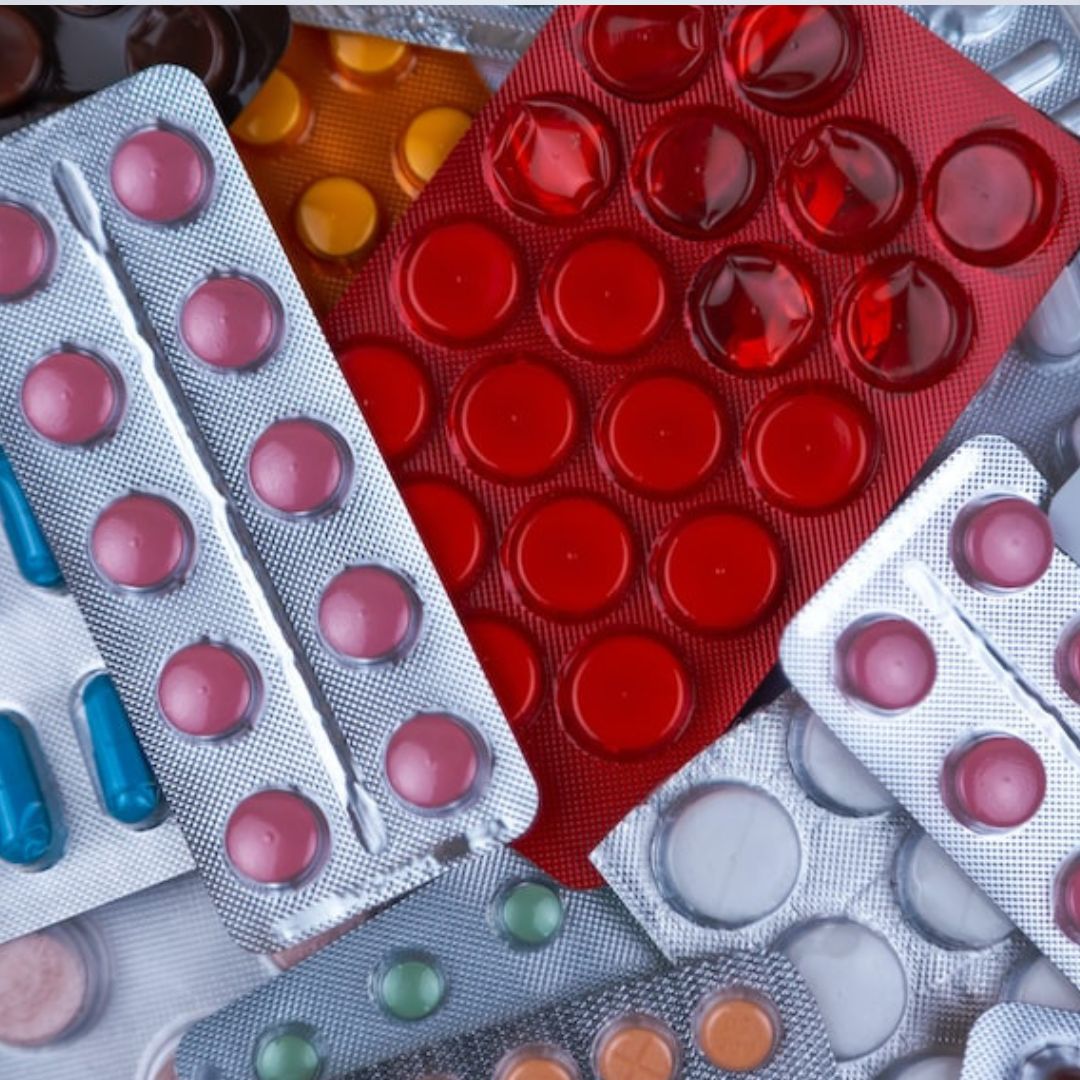
Image Credit: Unsplash
India
Indians Consumed Over 500 Crore Antibiotics In A Year, 47% Of It Unapproved By Drug Regulators: Says Study
 |
|After the controversy surrounding increased prescriptions of Dolo-650 tablets, a study has found that Indians excessively consumed antibiotic tablets during the pandemic.
The Lancet Regional Health Southeast Asia journal has revealed in a study that Indians consumed over 500 crore antibiotics in the year 2019. Out of this number, about 47 per cent of it was not approved by the central drug regulator.
Among the excessively used antibiotics was Azithromycin-500, followed by cefixime 200 mg. The study was able to derive a conclusion that the inappropriate usage of antibiotics would have largely contributed to antibiotic resistance in the country. The alarmingly "high proportion of broad-spectrum antibiotic use in India is a public health concern," said the researchers in their study.
Popping Tablets Unrestricted
The Lancet Regional Health journal is one of the world's oldest medical journals, and a recent study conducted by them shed light on the excessive use of antibiotics by Indians. A report by the India Today quoted that a large proportion of its usage are directed to "unrestricted over-the-counter sales". Especially during the pandemic, the antibiotics were being sold across like peanuts as people were clouded by panic.
The study is quite crucial as it helps to understand antibiotic resistance in India. Antibiotic overuse or usage, when not needed, would gradually lead to resistant bacteria that would be a lot difficult to treat. Although the per capita consumption rate of antibiotics in India is relatively low compared to many other countries, India consumes large amounts of "broad-spectrum antibiotics which should ideally be under-used," said the study.
Azithromycin was among the most commonly consumed antibiotics, followed by cefixime.
Need To Strengthen Regulations
The study emphasised the need for new regulations and stricter monitoring of the sale of antibiotics. Despite the country being tagged as one of the largest antibiotic consumers in absolute volume, they still lack a formal system of antibiotic use surveillance that is commonly seen in countries such as the United States and Europe. This is proved further as the latest global surveillance reports on antibiotic consumption submitted from over 60 countries did not carry data from India.
Even more worrying is the fact that over 47 per cent of the antibiotic formulations used by India's private pharmaceuticals in 2019 were not approved by the central drug regulator. Cephalosporins, macrolides, and penicillins topped the list of unapproved formulations.
Furthermore, the private sector's antibiotic use contributes to about 85–90 per cent of the total consumption in the country, as reported by researchers from the Boston University, US and the Public Health Foundation of India. This is where the Dolo controversy also holds grounds, as medical professionals were allegedly bribed to increase the profit margin for the pharmaceuticals.
A report by LiveMint quoted a medical practitioner in Hyderabad saying, "we do not have proper surveillance systems monitoring antibiotic usage in our country and irrational antibiotic usage is rampant. The problem lies at multiple levels -- antibiotic usage by patients without prescription, irrational usage of antibiotics by quacks and even by many qualified doctors."
This was stressed upon in the study as well, which noted an overlap in regulatory powers between national and state-level agencies, which complicated the entire availability, sale and consumption of antibiotics.
Also Read: Dolo-650 Tablet Makers Bribed Doctors With Freebies Worth Rs 1,000 Crore To Prescribe Drug